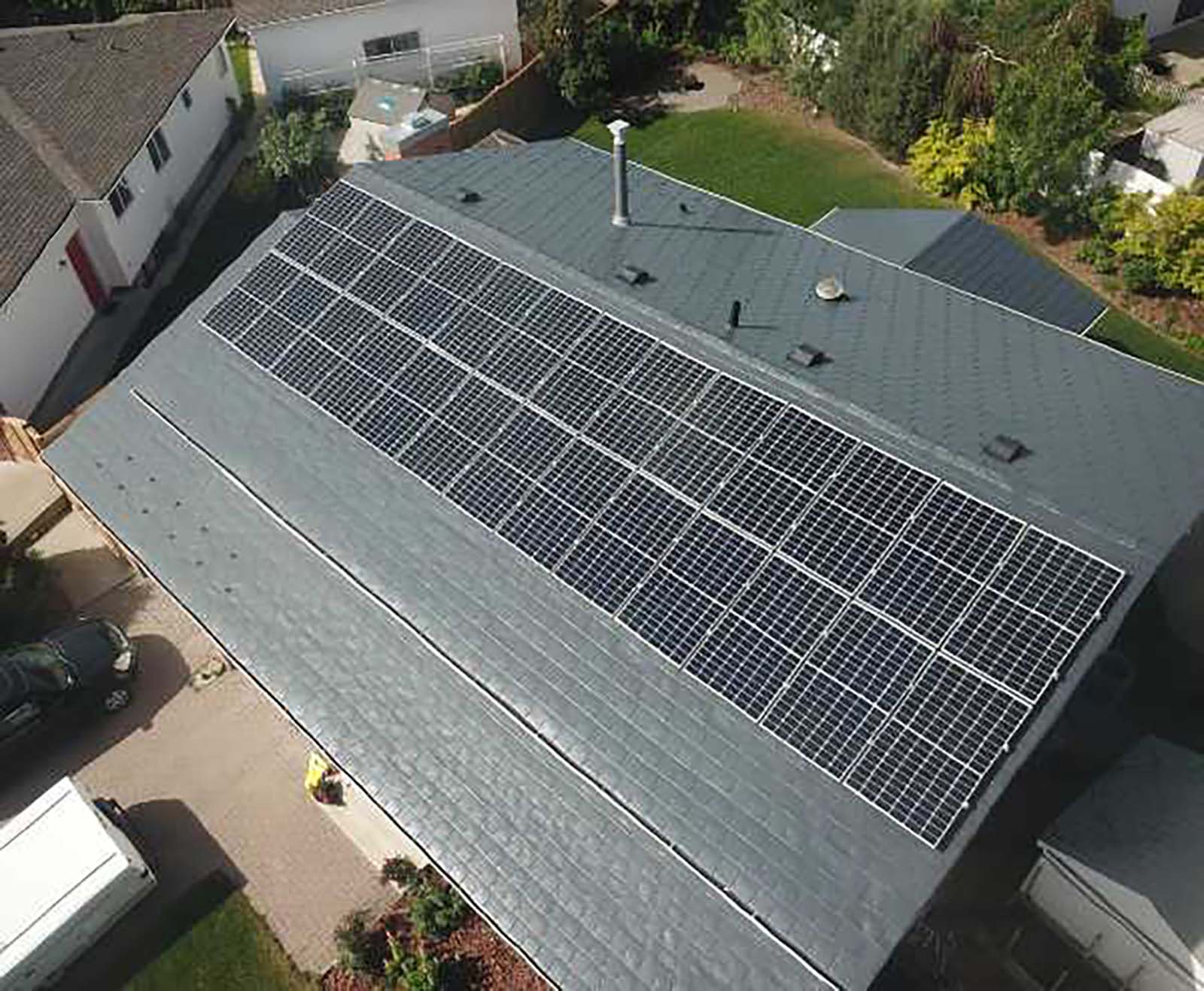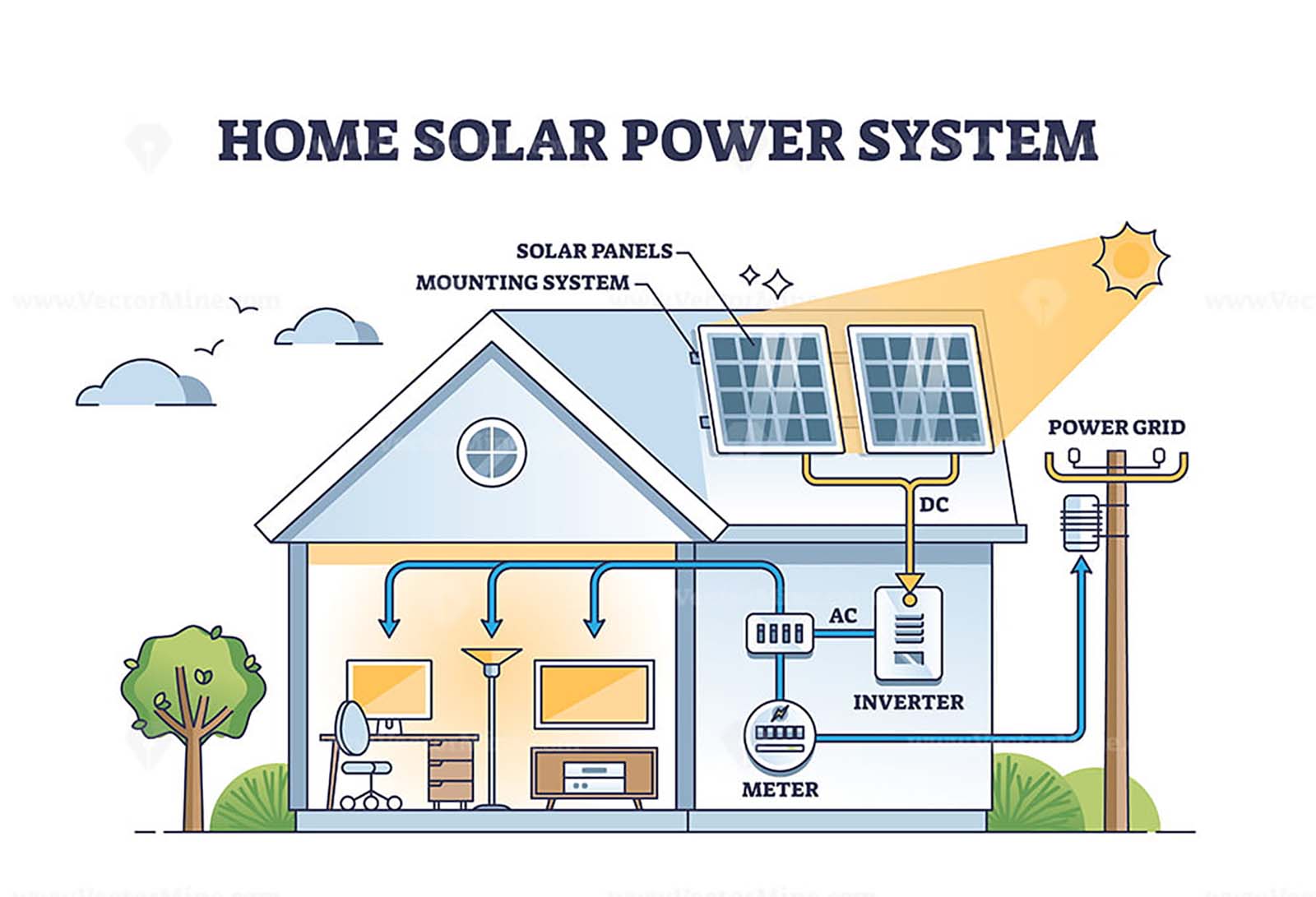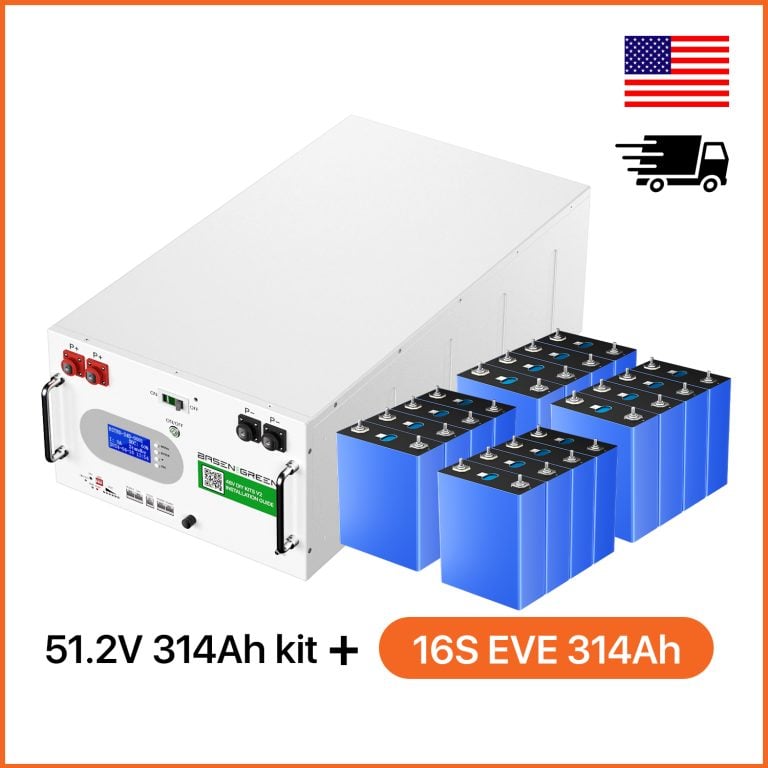How many kWh does a 10kW system produce?
Introduction
When considering solar power systems, one common question that arises is how much electricity a particular system can generate. In this article, we will delve into the production of a 10kW system and calculate the number of kilowatt-hours (kWh) it can produce.

Understanding the Capacity
A 10kW solar system refers to a photovoltaic (PV) panel setup with a capacity of 10 kilowatts. The capacity of a solar system is determined by the number of solar panels and the efficiency of those panels. A 10kW system typically consists of around 30 panels, depending on the specific panels used.
Factors Affecting Energy Production
The actual energy production of a 10kW solar system depends on various factors. These factors include the location of the system, the tilt and orientation of the panels, shading, and weather conditions throughout the year. It is important to note that different regions have varying levels of solar irradiance and hours of sunlight, which will impact the energy production.
Calculating Energy Production
On average, a 10kW solar system can generate around 30,000 kWh per year. This estimation is based on the standard assumption of 1,000 kWh produced per installed kilowatt. However, the actual energy production can range from 20,000 kWh to 40,000 kWh per year, depending on the aforementioned factors.

Benefits of a 10kW System
Investing in a 10kW solar system can provide several benefits. Firstly, it can significantly reduce electricity bills, especially if the system generates more energy than is consumed, leading to net metering or feed-in tariffs. Secondly, it is an environmentally friendly choice, as solar power contributes to reducing greenhouse gas emissions. Lastly, the installation of a 10kW system can increase the overall value of a property.
Conclusion
In conclusion, a 10kW solar system has the potential to produce approximately 30,000 kWh per year, depending on various factors such as location, panel efficiency, and weather conditions. Investing in such a system offers multiple benefits, including reduced electricity bills, environmental sustainability, and increased property value. Before installing a solar system, it is advisable to consult with professionals who can assess the specific conditions and provide accurate estimations of energy production.




